Music festival promoters outline initiatives to keep teens safe
As the summer music festival season kicks off today, promoters tell The Ripple Effect they are doing everything they can to keep festivalgoers safe — bar from actually being able to stop them taking MDMA and other party drugs.
The Ripple Effect
Don't miss out on the headlines from The Ripple Effect. Followed categories will be added to My News.
Tara Benney wishes there was a magic button she could press to stop young people from taking drugs at the Strawberry Fields festival, starting today.
But, obviously, there is not. So Benney and her passionate team of music lovers try to do the next best thing.
At Strawberry Fields, Falls Festival, Lost Paradise and other events coming up this summer, promoters have spent millions of dollars installing emergency hospitals, private ambulance services, increased security and highly trained crowd carers to look after their hundreds of thousands of festival goers.
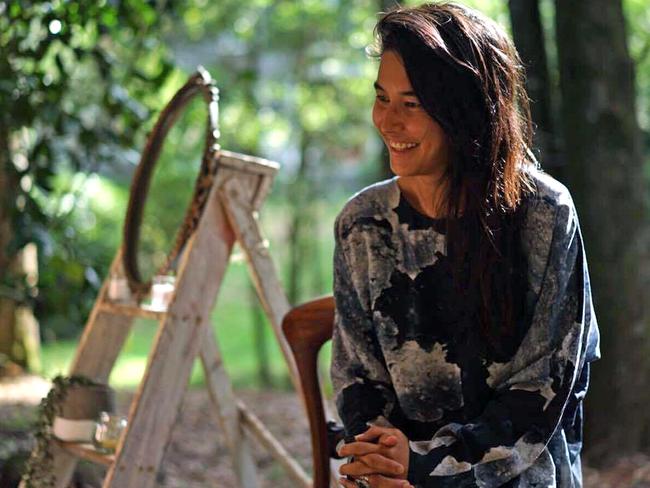
Festivals have been at the forefront of harm minimisation strategy over the past two decades, long before it became a political hot potato.
Strawberry Fields director Benney, who has been staging her alternative event in Tocumwal on the banks of the Murray River for 11 years, said they have proactively worked with local council, residents, police, ambulance and Rural Fire Services in the area to “care for every individual coming to our event.”
That includes a raft of substantial measures including 270 paid and volunteer Fielders who are trained in first aid and crowd care, a “robust” emergency medical infrastructure that includes an on-site hospital locals have said is better than their own and private ambulance so the community resources aren’t stretched by the festival patrons needing treatment for everything from beestings, leaving medications at home to those suffering adverse effects of drugs and alcohol.
MORE FROM THE RIPPLE EFFECT SERIES
MDMA shock campaign ditched by NSW Health
Anatomy of MDMA: What it really does to your body
“Every measure we have introduced has been a proactive one; no one has ever said ‘You must make your staff do this training’,” Benney told The Ripple Effect of their comprehensive harm minimisation plan.
“It comes from a place where everyone in our team got into this industry from a place of passion and we are passionate about it in a truly human way.
“A lot of the crowd care people come to these shows to make a fundamental difference; maybe they had friends they weren’t able to help and they believe if they do this, they could help save lives.
“On top of that, I am pretty proud to say we have one of the most robust emergency medical infrastructures and we have given tours of the facility on site to people who didn’t necessarily support us or were concerned about the event and they were blown away by it.
“Some said it was far superior to the hospital nearby.”
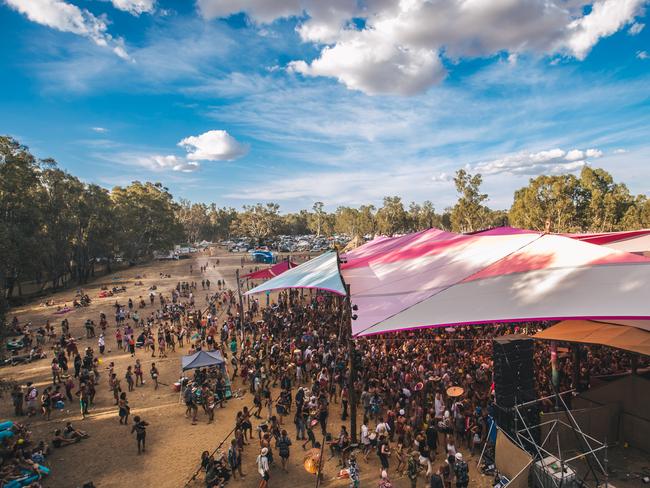
The standard patron safety strategy issued by festivals in Australia in the 2019/20 summer season now runs to several pages of initiatives such as the Falls festival outline, from modern medical facilities and crowd response teams to safety hotlines onsite and sexual assault support.
Fuzzy, who run the Field Day, Listen Out and Harbourlife festivals, have been running an online hard minimisation education program for their patrons, as well as onsite security and staff.
Those patrons who agree to complete the online education course get access to ticket pre-sales and VIP upgrades.
“We have been running a harm minimisation training program with the Red Cross for our patrons and staff since 2016,” Fuzzy director Adelle Robinson told The Ripple Effect.
“As part of this program our event and bar staff are trained online in harm minimisation strategies when they accept their shift.
“They then do an on-ground training session on the day of the event. We have also offered incentivised patron training where patrons can only access a pre-sale if they complete the online harm minimisation course plus doing upgrades to the VIP area for patrons who complete the training at the event.
“Since 2016 we have trained over 10,000 people and have led the way for the rest of the industry.”
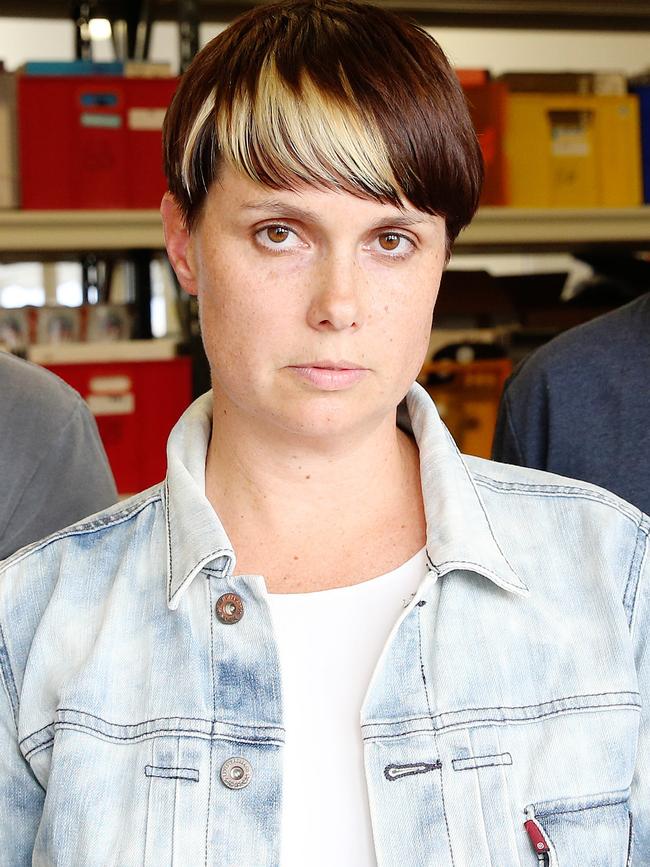
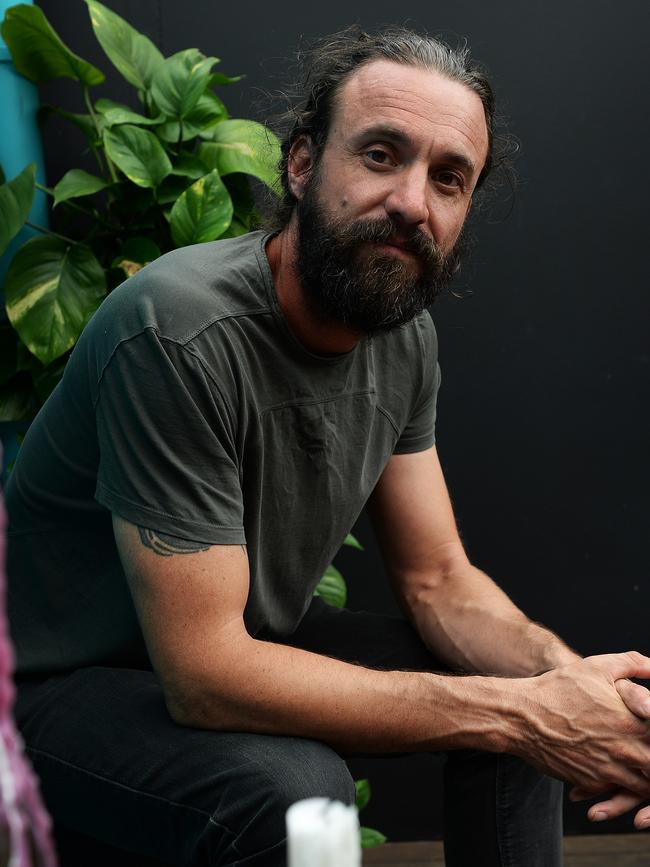
While Strawberry Fields and other festivals including Falls engage their own teams of crowd carers, more than 20 events will have teams from DanceWize, the initiative set up by the NSW Users and AIDS Association backed by NSW Health.
Lost Paradise promoter Simon Beckingham stressed the tragic drug-related deaths last summer highlighted the need for peer-to-peer safety and education programs even though all festivals send the message they are drug-free events.
“These horrendous tragedies have put the issue in the spotlight and demonstrated the need for us to have open and non-judgemental conversations with kids about the risks associated,” he said.
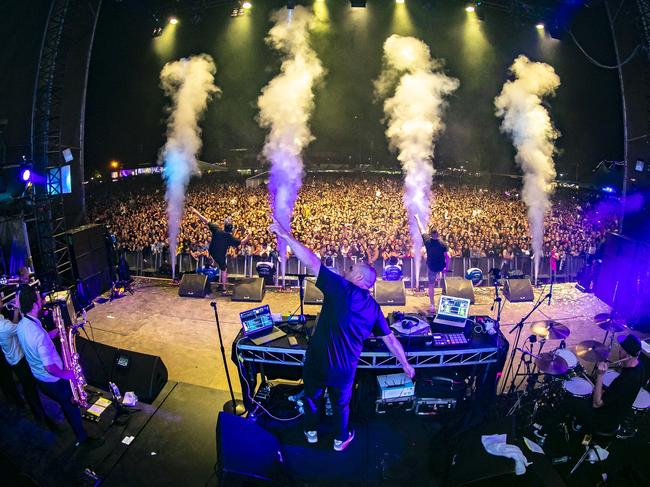
“This is why programs like DanceWize are so important as they offer peer-to-peer support through providing credible and evidence based information about safer partying and encourage festivalgoers to know exactly what they’re putting in their bodies and the consequences of doing so.”
DanceWize NSW, which was based on a well-established program of the same name run by Harm Reduction Victoria, was set by NUAA CEO Dr Mary Harrod a few years ago when her son turned 18 and was going to festivals with his friends.
It has grown from a team of about 30 to move than 150 volunteers in two years.
The team has been trained to proactively identify people who may be suffering ill effects of drug or alcohol use and intervening to get them help whether that is spending time in a chill-out area or referring them to the on-site emergency medical team.
“We will get a huge range of questions from patrons on the day from where is the lost and found tent to can I mix MDMA and alcohol?” Dr Harrod said.
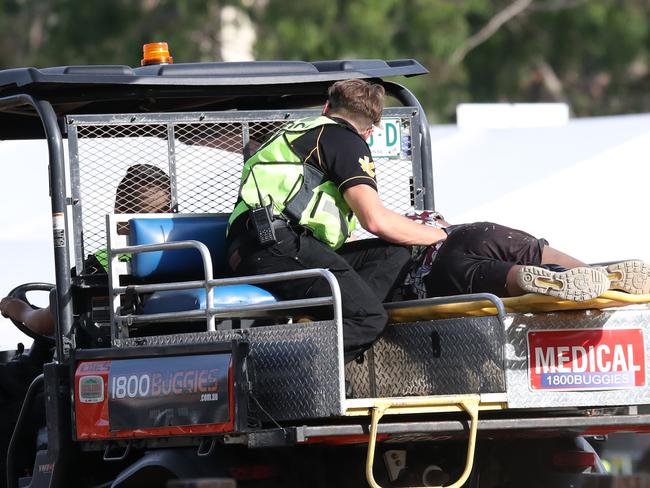
“The roving services are critically important and that’s one of the things we have really expanded and deepened in the program.
“You walk around scanning the crowd, doing crowd care such as giving out electrolyte and lollipops, talking to groups of friends about how to keep safe, and looking specifically for those who look a bit lost, a bit stumbly, to catch anyone who may be suffering from early serotonin syndrome.
“Sometimes we get pulled into situations, we’re the first on scene, like someone on the ground who is disoriented or out cold and we will get them back to treatment with security and medical teams.”
While the harm minimisation focus has shifted to drug use, Dr Harrod and Tara Benney also point at the bigger picture of alcohol use at festivals.
“The vast majority of our care presentations are for alcohol, about 60 per cent, and I can’t imagine alcohol would ever be banned,” she said.
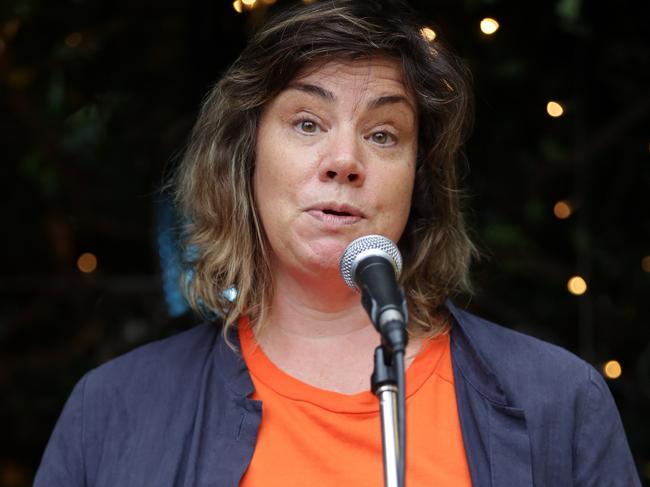
“That’s more the case at one day festivals than multi-day festivals and a lot of them are earlier in the day because of people preloading before they go.
“Even if nobody used substances, people would still need help and support.”
The Australian Festivals Association general manager Julia Robinson said festival promoters have had to be agile to the changing personality of their audiences with their harm minimisation strategies in a way that legislation could not be.
“The audience has their own personality and what’s really key to harm reduction is flexibility. The trends are constantly changing and the training and education of both staff and patrons has to be upscaled as the environment shifts,” she said.

Robinson said messaging from festivals and artists was shifting to fill the vacuum of the lack of comprehensive education in the community about harm minimisation and drug use.
Simply, fans would be more likely to listen to an artist urging them to look after each other.
“A lot of artists are passionate about their audience and keeping their patrons coming to see them play and know that means keeping them safe and there are a lot of advocates now for taking the harm minimisation approach,” she said.
Robinson added there may have been hesitation from festival organisers to “take a more upfront approach to drug use” because of the impact to their event from the official policing line of zero tolerance.
“The zero tolerance policy was mentioned so much during the coroner’s inquest. That is what is expected by authorities but seems to have not worked in this climate,” she said.
“So there might be some shifts now in language use in general ticket holder emails to the harm minimisation approach versus zero tolerance policy.”
Originally published as Music festival promoters outline initiatives to keep teens safe
